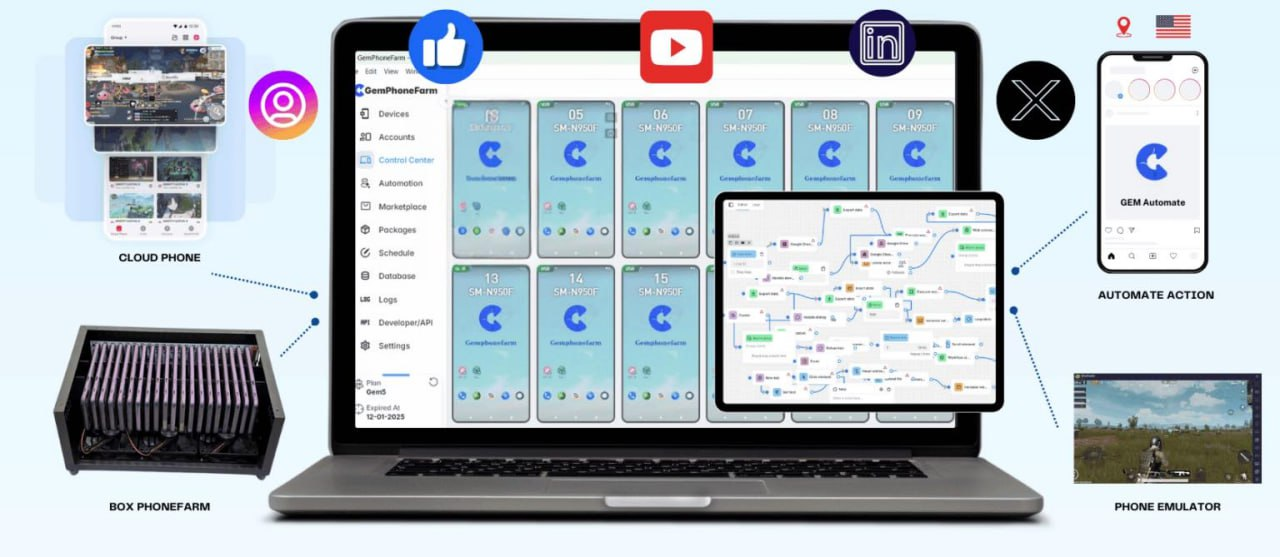Residential Proxies
Allowlisted 200M+ IPs from real ISP. Managed/obtained proxies via dashboard.

Proxies
Residential Proxies
Allowlisted 200M+ IPs from real ISP. Managed/obtained proxies via dashboard.
Residential (Socks5) Proxies
Over 200 million real IPs in 190+ locations,
Unlimited Residential Proxies
Use stable, fast, and furious 700K+ datacenter IPs worldwide.
Static Residential proxies
Long-lasting dedicated proxy, non-rotating residential proxy
Dedicated Datacenter Proxies
Use stable, fast, and furious 700K+ datacenter IPs worldwide.

Web Unblocker
View content as a real user with the help of ABC proxy's dynamic fingerprinting technology.
Proxies
API
Proxy list is generated through an API link and applied to compatible programs after whitelist IP authorization
User+Pass Auth
Create credential freely and use rotating proxies on any device or software without allowlisting IP
Proxy Manager
Manage all proxies using APM interface

Proxies
Residential Proxies
Allowlisted 200M+ IPs from real ISP. Managed/obtained proxies via dashboard.
Starts from
$0.77/ GB
Residential (Socks5) Proxies
Over 200 million real IPs in 190+ locations,
Starts from
$0.045/ IP
Unlimited Residential Proxies
Use stable, fast, and furious 700K+ datacenter IPs worldwide.
Starts from
$79/ Day
Rotating ISP Proxies
ABCProxy's Rotating ISP Proxies guarantee long session time.
Starts from
$0.77/ GB
Static Residential proxies
Long-lasting dedicated proxy, non-rotating residential proxy
Starts from
$5/MONTH
Dedicated Datacenter Proxies
Use stable, fast, and furious 700K+ datacenter IPs worldwide.
Starts from
$4.5/MONTH
Knowledge Base
English
繁體中文
Русский
Indonesia
Português
Español
بالعربية

Understanding IP Pool: A Comprehensive Guide for Internet Users
Description: This blog post aims to provide a comprehensive understanding of IP pools, their purpose, benefits, and how they function in the realm of the internet. The blog will cover various aspects, including the definition of an IP pool, its importance for businesses, common uses, types of IP pools, and the advantages they offer.
Introduction
In today's digitally connected world, the internet plays a central role in both personal and professional aspects of our lives. Behind the scenes, an intricate network of interconnected devices and protocols facilitates the flow of information. One crucial element of this infrastructure is the IP pool. IP pool, an abbreviation for Internet Protocol pool, is a collection of IP addresses that are available for use by devices connected to a network. This blog post aims to demystify the concept of IP pools and shed light on their importance for internet users.
1. What is an IP pool?
An IP pool is a range of IP addresses allocated for use by devices on a network. It is essentially a resource that enables multiple devices to communicate with other networks and devices on the internet. IP pools act as a central repository of IP addresses that are assigned to devices dynamically or statically, depending on the network configuration. By managing and distributing IP addresses efficiently, IP pools help ensure the smooth functioning of networks by preventing conflicts and enabling seamless communication.
2. Importance of IP Pools for Businesses
IP pools are of utmost importance for businesses operating in the digital landscape. They allow organizations to manage and control IP addresses effectively, ensuring secure, reliable, and uninterrupted internet connectivity for their operations. Businesses can assign specific IP addresses to different departments or devices, enabling better network management and troubleshooting. Additionally, IP pools offer enhanced security by allowing companies to monitor and filter traffic from specific IP address ranges.
3. Common Uses of IP Pools
IP pools have a wide range of applications across various industries. Some common uses include:
- Proxy Services: IP pools are often used by proxy service providers to offer users a pool of IP addresses from different locations. This allows users to browse the internet anonymously or access region-specific content.
- Load Balancing: IP pools can be utilized for distributing incoming network traffic evenly across multiple servers or resources. This helps optimize performance, prevent overload, and ensure high availability of services.
- Email Marketing: IP pools are crucial for email marketing campaigns. By rotating IP addresses from a pool, businesses can maintain a good sender reputation, increase deliverability, and avoid being blocked by spam filters.
4. Types of IP Pools
There are primarily two types of IP pools:
- Shared IP Pools: In a shared IP pool, multiple devices or users share the same pool of IP addresses. This type of pool is more cost-effective and commonly used by internet service providers (ISPs) for residential users.
- Dedicated IP Pools: Dedicated IP pools provide unique IP addresses for individual devices or users. This type of pool offers more control, security, and flexibility, making it suitable for businesses and organizations with specific networking requirements.
5. Advantages of IP Pools
- Efficient Network Management: IP pools enable efficient allocation and management of IP addresses, ensuring that devices on a network can connect to the internet seamlessly.
- Improved Security: By segmenting IP addresses and filtering traffic, IP pools provide an additional layer of security, protecting networks from potential threats and unauthorized access.
- Enhanced Performance: Load balancing using IP pools ensures that network resources are distributed evenly, preventing server overload and optimizing performance.
- Scalability: IP pools can accommodate a large number of devices and users, allowing businesses to scale their operations without network-related limitations.
- Flexibility: Depending on the requirements, organizations can choose between shared or dedicated IP pools, providing flexibility in network configuration and customization.
Conclusion
In conclusion, IP pools play a vital role in managing and distributing IP addresses effectively, ensuring seamless connectivity, and enhancing security in the world of the internet. Businesses, service providers, and organizations leverage IP pools to optimize network performance, secure their operations, and provide reliable services. By understanding the concept of IP pools and their benefits, internet users can make informed decisions and maximize the potential of their online experiences.
Featured Posts
Popular Products
Residential Proxies
Allowlisted 200M+ IPs from real ISP. Managed/obtained proxies via dashboard.
Residential (Socks5) Proxies
Over 200 million real IPs in 190+ locations,
Unlimited Residential Proxies
Use stable, fast, and furious 700K+ datacenter IPs worldwide.
Rotating ISP Proxies
ABCProxy's Rotating ISP Proxies guarantee long session time.
Residential (Socks5) Proxies
Long-lasting dedicated proxy, non-rotating residential proxy
Dedicated Datacenter Proxies
Use stable, fast, and furious 700K+ datacenter IPs worldwide.
Web Unblocker
View content as a real user with the help of ABC proxy's dynamic fingerprinting technology.
Related articles

Unlock Untraceable Surfing: Gemlogin Antidetect Browser Boosted by ABC Proxy
Gemlogin Antidetect Browser With ABC Proxy provides advanced security features for online activities. Enjoy secure browsing with anonymity and protection. Safeguard your data with this powerful combination of features.

How does the ChatGPT RAG example improve information processing capabilities
Analyze the actual application scenarios of ChatGPT combined with Retrieval Augmented Generation (RAG) technology, explore its value in knowledge integration and data acquisition, and understand how abcproxy provides underlying support for the RAG system.